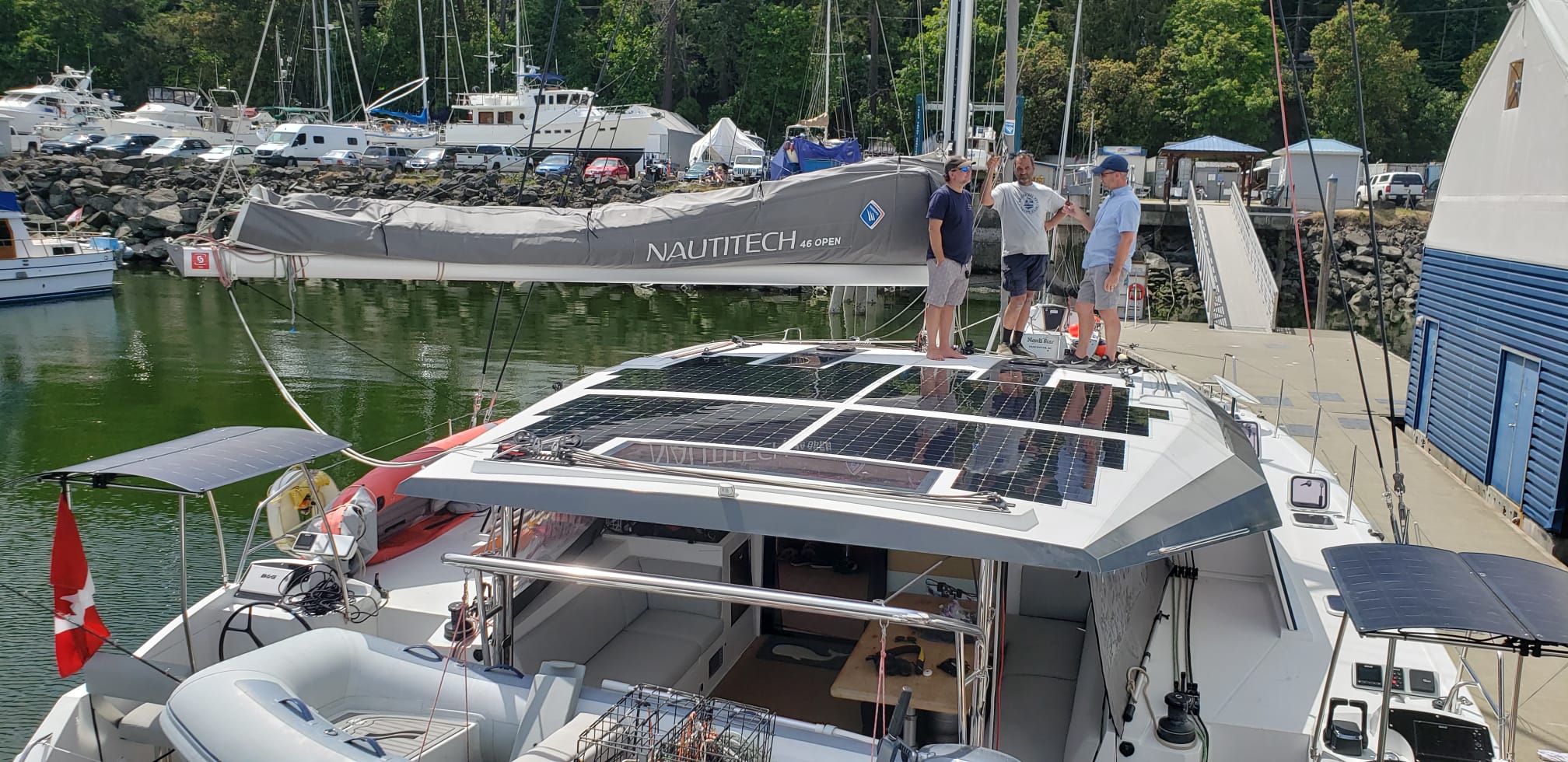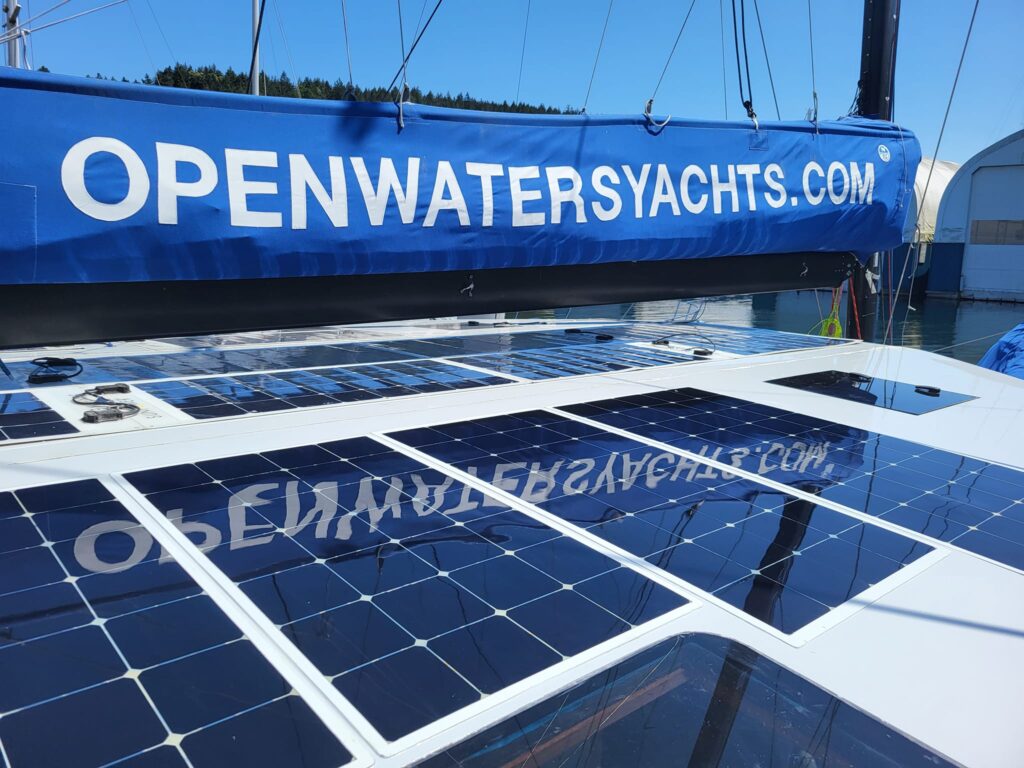
Interview: Open Water Solar

Open Water Solar is a pioneering solar panel manufacturing company. Founder and CEO, Simon Angus, says the Open Water Solar panels are “an order of magnitude” stronger, lighter and more durable than any other panels on the market.
In November 2023, METSTRADE and Yachting Ventures teamed up to introduce the new Start-Up Pavilion – a platform at the METSTRADE show for emerging startups to showcase their latest products and technologies – and Open Water Solar was one of the selected startups.
Here, Angus discusses the challenges and opportunities of life as a startup.
What has been the biggest lesson since you started the business?
“The biggest lesson we have faced is obtaining that balance between R&D, funding and revenue. As engineers we could develop products all day, but investors like to see sales. At what stage in the R&D process do you look for the first trials? This balance is very difficult to achieve. For Open Water it’s been a swinging pendulum between funding, investors and sales. Now that we’re out of R&D, and into commercialisation, that issue has eased but it was very difficult during our R&D to maintain any sort of balance.”

What makes Open Water Solar different to competitors in your space?
“Our solar panels are an order of magnitude stronger, lighter and more durable than any other panels on the market. The way we achieve this is by encapsulating the very fragile solar cells into a composite laminate. That means fibreglass in front of and behind the cells providing maximum protection with the lightest weight. Our competitors either use heavy glass or less durable plastic to protect the cells.”
How are your solar panels being used in the industry?
“Yachts need to look good. That’s one of their main draws. The other is the freedom people get by being on a yacht. Traditional solar panels are heavy, bulky and rectangular shaped, none of which identify with yachts. Alternatively the existing thin semi-flex panels currently on the market don’t stand up to the harsh environment.
“Our product can add to the aesthetics of the yacht by being a black on white contrast and can be manufactured in any shape. They also facilitate the transition for even 100ft yachts to become energy self-sufficient when at anchor. Not running diesel engines to power onboard systems like AC, water makers galley etc is a real possibility now. In the spring of 2023 we installed 2.5kw of solar on a Nautitech 46. During the summer, this boat did not plug into shore power or use a generator for 80 days straight.”
What else needs to be in place to make your product more successful?
“Our product facilitates the transition to electric. In order to achieve that batteries need to become even lighter and pack more power.”
What are the challenges and opportunities in your market?
“The opportunity for in-composite solar is endless. We can build structural parts of the boat that incorporate solar panels which look so integrated that people have no idea that these also serve to provide power to the boat itself. The look of existing solar solutions isn’t sexy, but being all electric is. Our ability to blend into the boat’s natural aesthetics and add energy generating surfaces is our biggest opportunity. Our biggest challenge so far is that we manufacture composite solar panels in western Canada where boat building is limited. We will eventually license our technology to manufacturing in Europe but until then, logistics will be our biggest challenge.”
How is your consumer changing?
“We have seen a big shift in recent years in electric boating especially in the luxury yacht market. Silent Yachts, Sunreef Yachts and Alva Yachts to name just a few are all trying to become emissions-free. With better solar that adds and does not detract from the aesthetics of the boat, consumers are seeing this is now a real possibility.”
The post Interview: Open Water Solar appeared first on Marine Industry News.
